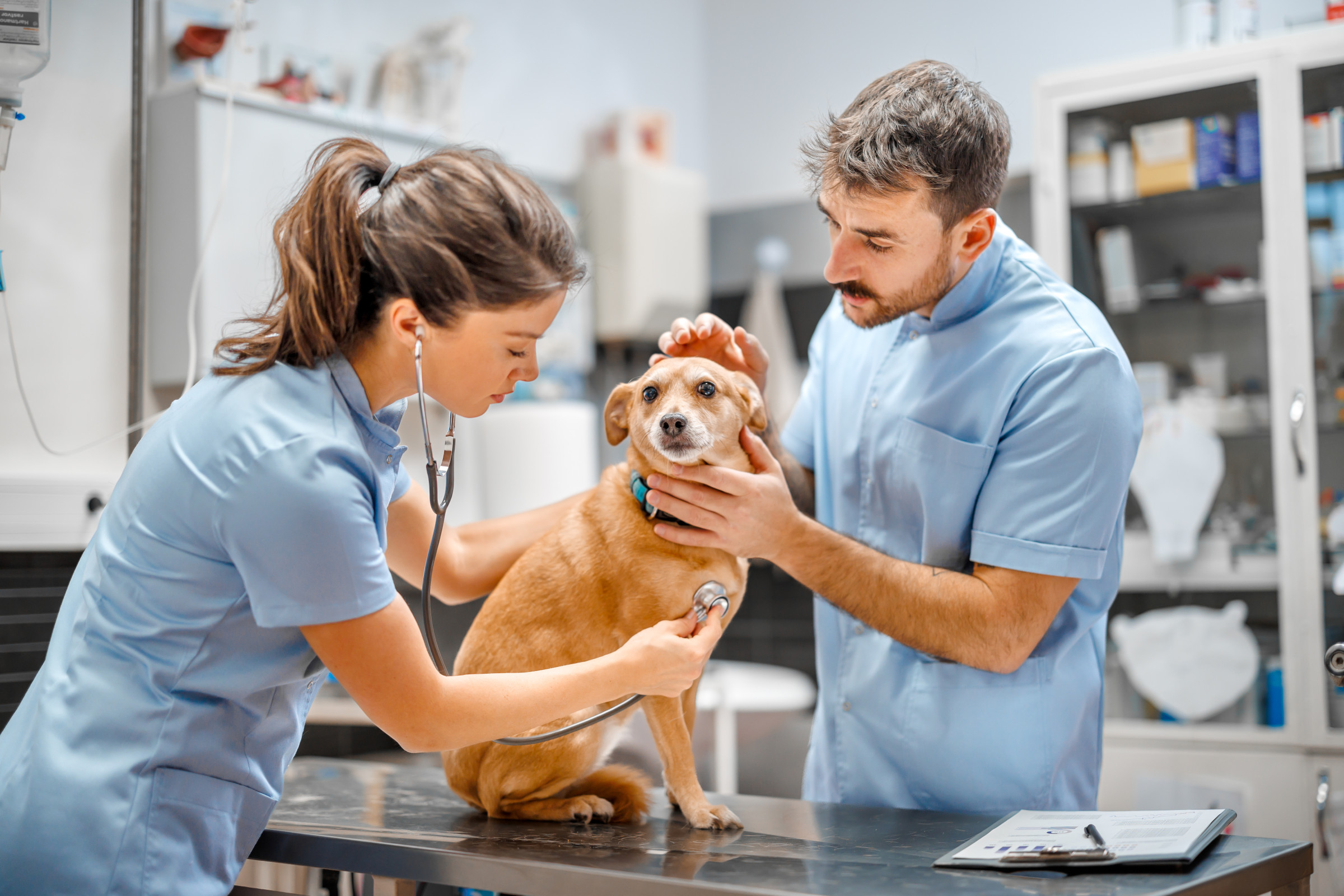
Veterinary oncology specialists play a critical role in diagnosing, treating and managing cancer in animals. These specialists are veterinarians who have undergone extensive training in oncology, including additional years of residency and board certification. Their role encompasses several key responsibilities.
Diagnosis
Veterinary oncologists utilise various diagnostic tools such as biopsies, blood tests, imaging (X-rays, ultrasounds, CT scans, MRIs) and cytology to accurately diagnose cancer in animals. Specialists interpret tissue samples to determine the type, grade and stage of cancer, which is crucial for developing an appropriate treatment plan.
Treatment Planning
Based on the diagnosis, veterinary oncologists develop individualised treatment plans tailored to the specific type and stage of cancer, as well as the overall health of the animal. Treatment plans often involve collaboration with other specialists, such as surgeons, radiologists, and internal medicine veterinarians, to ensure comprehensive care.
Treatment Modalities
There are several different methods to approach each individual case. Surgical intervention to remove tumours or cancerous tissues. Administration of chemotherapy, anti-cancer drugs to target and destroy cancer cells. This can involve intravenous, oral, or injectable medications. Use of high-energy radiation to target and kill cancer cells, often used in conjunction with surgery or chemotherapy. Leveraging the animal’s immune system to fight cancer. Palliative care, which focuses on improving the quality of life and managing symptoms when curative treatment is not an option.
Monitoring and Follow-Up
Continuous monitoring of the animal’s response to treatment through regular follow-ups and re-evaluations. Modifying the treatment plan as needed based on the animal’s progress and any side effects experienced, such as nausea or decreased appetite. Ensuring the animal maintains a good quality of life during and after treatment.
Support and Education
Oncology specialists provide pet owners with detailed information about their pet’s condition, treatment options and prognosis. This helps in making informed decisions. They offer support and guidance to pet owners throughout the treatment process, acknowledging the emotional challenges of dealing with a pet’s cancer diagnosis.
Research and Advancements
Participating in and conducting clinical trials to explore new treatments and improving existing protocols. Contributing to research that enhances understanding of cancer in animals and translates into better diagnostic and treatment options. This commitment to advancements is evident in their support for the latest diagnostic and early relapse detection tests. One such innovation is the use of Next-Generation Sequencing (NGS) liquid biopsy. This cutting-edge technology allows for non-invasive cancer detection and monitoring, providing critical information with high precision. Among the leading solutions in this domain is K9-LiquiDx™ from UK-based company CanCan diagnostics Ltd. This technology exemplifies the progressive approach oncologists take in utilising state-of-the-art tools to enhance patient care.
Preventive Measures
Identifying breeds and individual animals that may be at higher risk for certain cancers and recommending preventive measures. Developing screening programmes for early detection, especially in breeds predisposed to cancer.
Importance of Veterinary Oncology Specialists
Their specialised training allows them to handle complex and challenging cancer cases that general practitioners may not be equipped to manage. They offer access to cutting-edge treatments and technologies that can significantly improve outcomes and quality of life for pets with cancer. Early and accurate diagnosis, combined with a tailored treatment approach, can improve the prognosis and extend the life expectancy of pets with cancer.
Veterinary oncology specialists are essential in the fight against cancer in pets, providing expertise, advanced treatments, and compassionate care to improve the lives of animals and support their owners.
Please get in touch, we want to hear from you!